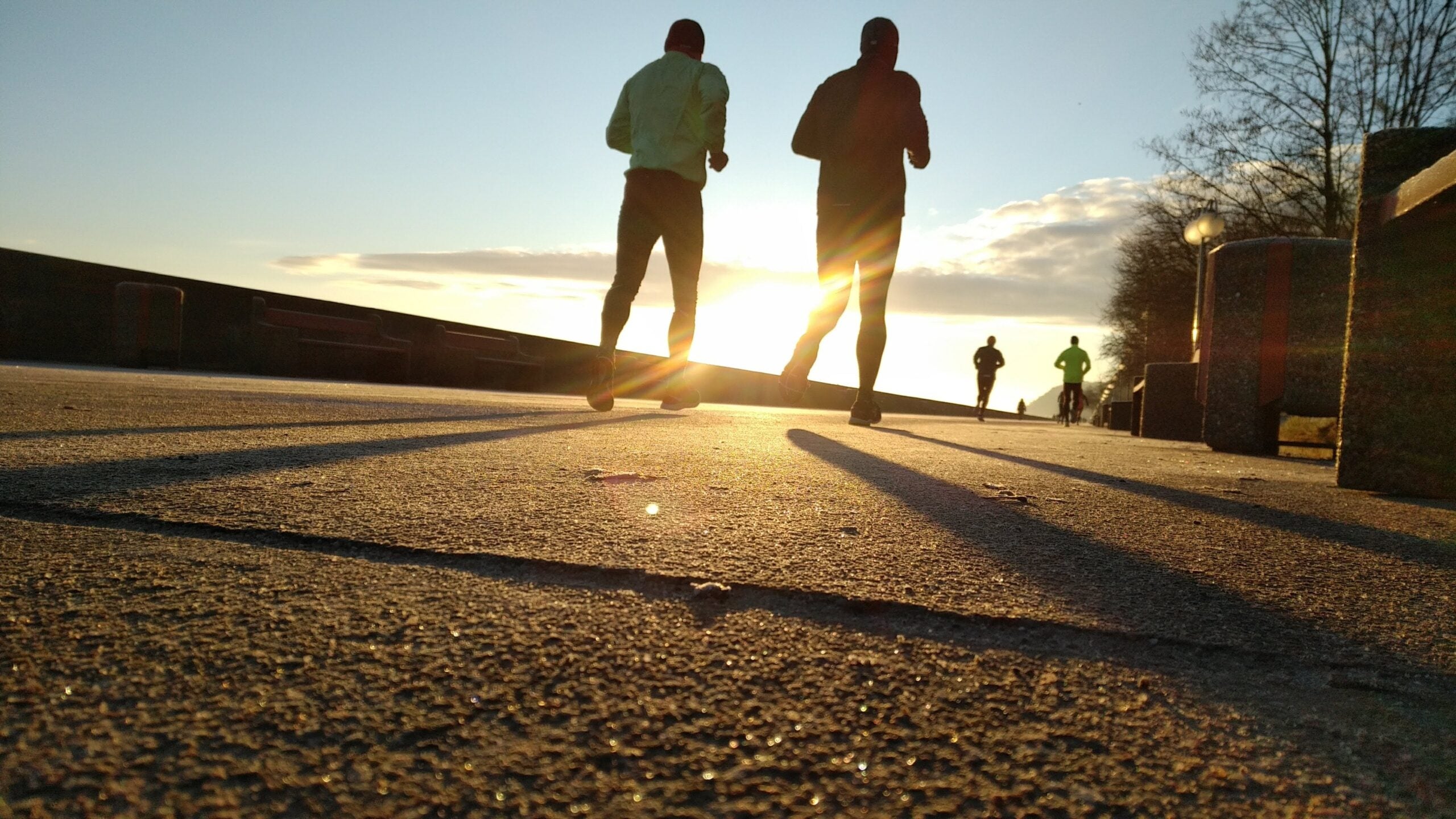This week, a new group called the Running Industry Diversity Coalition (RIDC) announced its formation—a step forward in ending systemic racism in the running industry and running community.
Funded by grants from Brooks and Hoka One One, the coalition is led by by co-chairs Alison Mariella Désir, founder of Harlem Run and Run 4 All Women, and Chris Lampen-Crowell, co-owner of Gazelle Sports in Michigan. The group’s mission: bring together brands, running retailers, and BIPOC runners to fight systemic racism and promote diversity, equity, and inclusion in the running industry.
“Brooks and Hoka are brands comprised of people who love running,” said Brooks CEO Jim Weber and Hoka One One President Wendy Yang in a joint statement yesterday. “We are committed to continuing the work of representing our sport—and all runners—in authentic ways, and to making the joy of movement accessible to everyone.”
The group’s leadership committee, which draws on talent from around the industry, includes Running Industry Association president John Benedict; Hoka One One, director of global brand communications Martha Garcia; Fleet Feet VP of development Robyn Goby; Verna Volker, founder of Native Women Running; Shannon Woods, senior manager of diversity, equity, and inclusion at Brooks; and Teresa Baker, co-founder of the Outdoor CEO Diversity Pledge.
“The fact that these brands are coming together as a collective speaks volumes,” Baker told OBJ this week. “Approaching this work as a collective serves a very important function because it allows these companies to lean on each other for support. It dilutes attention on you as an individual brand and puts the focus on the industry as a whole.”
Baker says she would love to see other large brands that operate in the running and footwear space, like Nike and Adidas, join the coalition.
“I welcome every running brand out there to join,” she says. “We recently had a number of running brands sign the Outdoor CEO Diversity Pledge. I think the running industry is really recognizing the need for this.”
In a release this week, the group stated its goals as follows.
- Conversation: Create opportunities for discussion that listen to marginalized people in this space so that we may better understand their experiences.
- Naming: Build deep industry reflection to uncover and name the systems of racism within our businesses, the running community, and the culture of running.
- Representation: Increase authentic representation in stories, images, marketing, athletes, ambassadors, and product wear-test/feedback. Promote partnerships between the running industry and BIPOC running organizations.
- Education: Commit to ongoing DEI and anti-racist training, with a particular focus on anti-Blackness, in our industry. Promote and acknowledge the Indigenous lands whenever and wherever races occur.
- Employment: Hire, support, and develop marginalized people in all positions from internships to leadership.
- Ownership/Leadership: Support diversity in ownership of running businesses and events by creating pathways to make this possible. Increase diversity within the leadership structure of running brands and other companies servicing runners.
- Access: Decrease real barriers and racist structures to running for people of color.
- Accountability: Remain open to meeting people where they are, dialoging, critiquing and regularly interrogating our process and progress.
- Resources: Provide a platform to share best practices, measurements, and critical resources.
“I have been in the running industry for eight years and I have always known there are not a lot of people who look like me, and the sport is not as inclusive as people claim it to be,” said coalition co-chair Désir. “This is an opportunity to help folks in power change the systems that make it that way—to finally open up running.”
Lampen-Crowell, who founded Gazelle Sports 35 years ago, says he always believed that running was a welcoming and inclusive activity. The murder of Ahmaud Arbery made him reconsider that notion.
“There is white privilege, white power and systemic racism in almost all industries, and the running industry is no different,” he said. “I am optimistic that the running industry and running communities will take this work to heart.”


